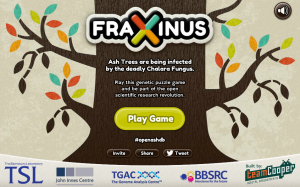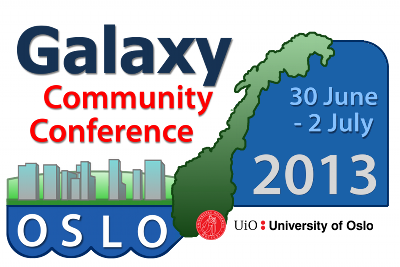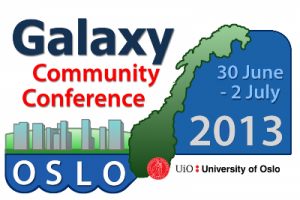
A lot has already been written about last months Assemblathon2 paper in GigaScience (see the growing list of articles here), but for the box-set completists interested in squeezing every last bit of insight into the project and how it was put together, there was a lot of additional material left over from the recent Biome Q&A with Keith Bradnam that we thought it could be useful to post in a (hopefully final) blog posting.









